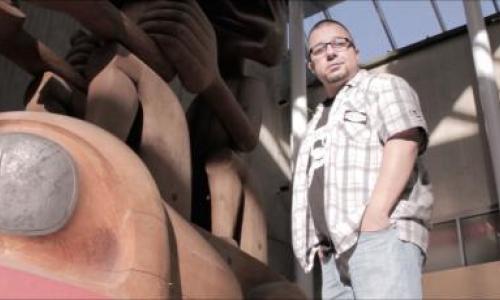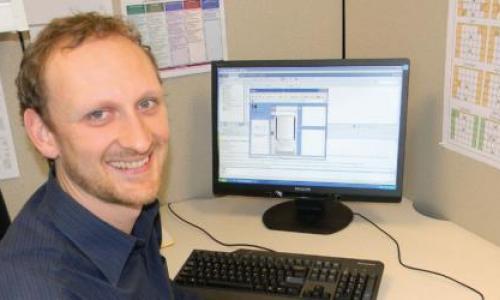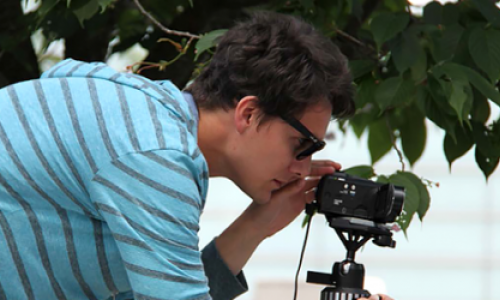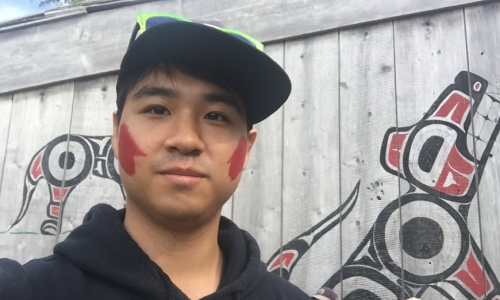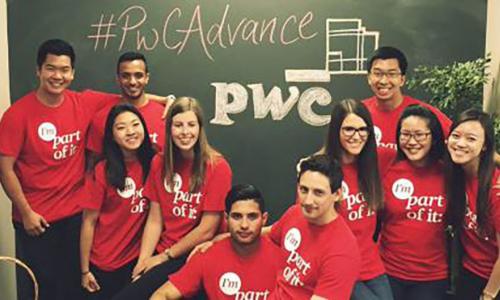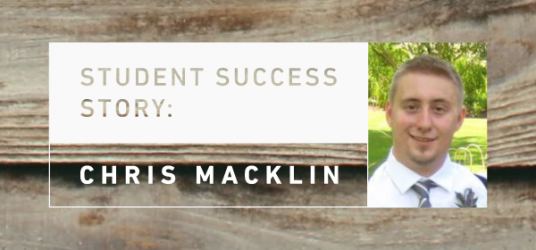
Nation or affiliation: Métis Nation of BC
Where did you grow up?
Kelowna, BC
What were some of the reasons you decided to further your education?
I’ve always had a passion for helping people. For the longest time, I wasn’t sure how to apply this passion. I considered a career in nursing for a while. But after spending lots of time researching various careers in the health field, I found that I am much more interested in the “behind the scenes” systems and services that keep our health care system running. This is what brought me to Health Sciences. My goal is to one day play an integral role in the advancement of health care in all populations in Canada. The further I get into my education, the more fascinated I become with our health care system (and the more areas I see in which I can work to improve it!)
Write a brief timeline of your schooling experience.
From 2006-2007 I completed the first year of a General Sciences degree at UBC Okanagan. After that, I worked full-time in the service industry from 2007-2012. I was making ends meet but knew I was capable of much more. In 2012, I moved from Kelowna to Vancouver and enrolled in the Health Sciences program at SFU. I’m now completing the fourth year of my Health Sciences degree.
Share your experience of finding funding.
Apply for everything and anything. There is money out there but you have to really apply yourself. For my first two years at SFU, I didn’t know about all of the scholarships and bursaries that were available to Indigenous students. Looking back, I should have put all of the time I spent working part-time to support myself towards applying for funding!
Share a time when you wanted to quit.
I decided to do co-op last summer. Finding a co-op position in Health Sciences was incredibly stressful. It was extremely competitive and there weren’t that many jobs available. I must have done at least 10 interviews. The constant rejection was really hard to deal with, especially when I felt an interview went well but I wasn’t offered the position. I wanted to quit so bad. Perseverance paid off though. I ended up getting a co-op job with the Fraser Health Rehabilitation Program doing health systems evaluation.
Share your proudest moment.
After doing really well in an Indigenous health course in the spring, I was offered a Research Assistant position by my two professors. Working in Indigenous health research this summer has been such a great experience. Right now I’m working on two amazing projects: one involving hepatitis C in Indigenous populations and another on Indigenous indicators of wellness. I’m really excited that I have been able to apply some of the skills I have been learning in my Health Sciences courses in a real-world research setting.
Where are you currently in respect to your education?
I am in my fourth year, graduating in the spring.
What has been your most important lesson returning to school?
Try to find something that you have a genuine interest in studying. This helps a lot, especially when times are tough, you have a lot going on and motivation is hard to come by. Your passion will also show through in the work you are doing…trust me! Finding a mentor is also really important. Having someone there for support and guidance makes can make a huge difference.
What advice do you have to offer other Indigenous students?
Take advantage of all the services that are available. The First Nations Student Association, the Indigenous Student Center. Engage with as many people as you can. You will meet some really amazing people.
What are your goals for the future?
My goal ultimate goal is to complete a Master’s of Public Health. With a Master’s Degree, I would be able to lead my own research team and examine new ways to improve health care at the local, regional and national levels.









